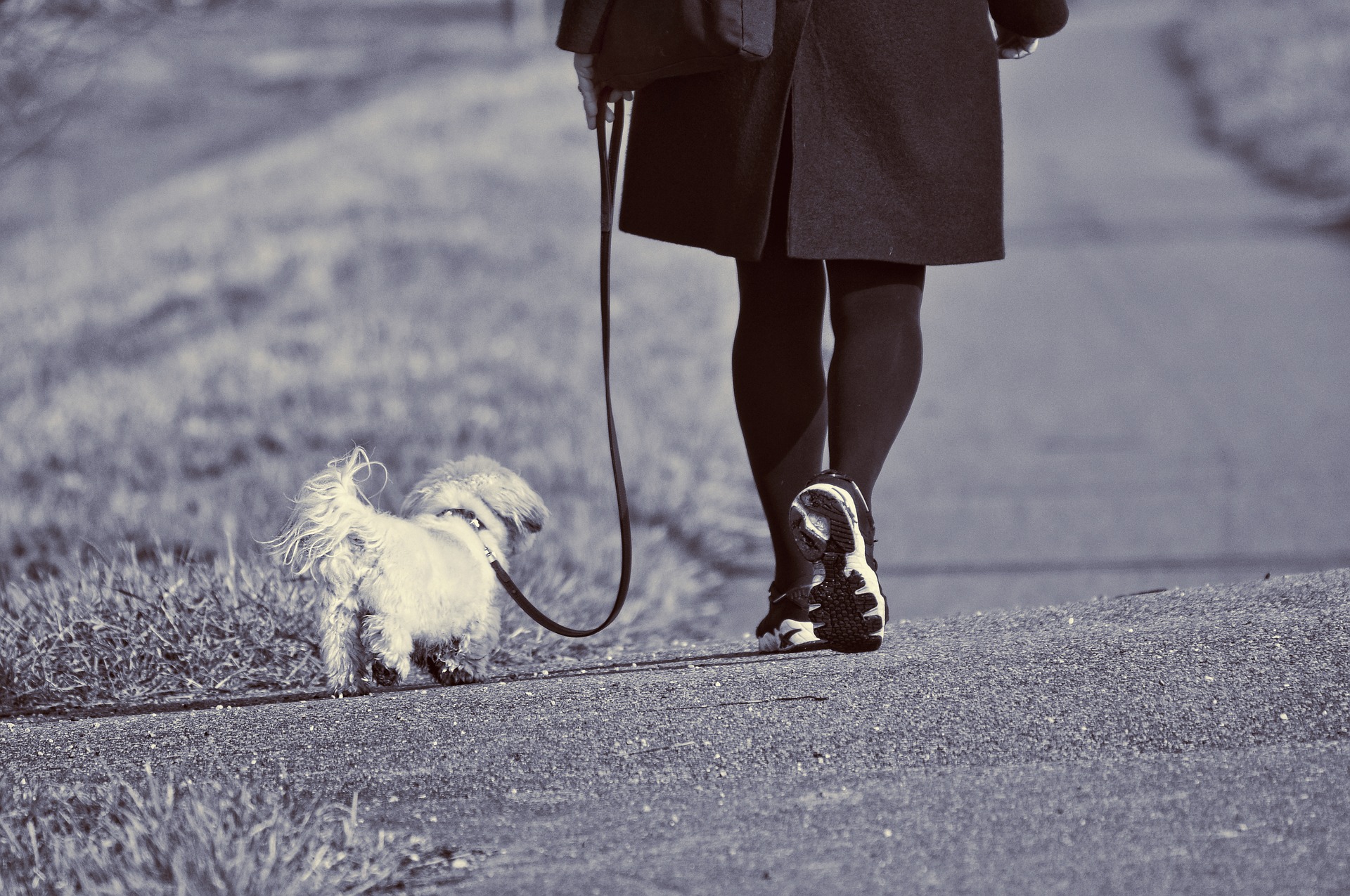It’s no secret that dogs are social creatures who are happiest being with others and having something to do. Not to get overly philosophical, but everyone needs a purpose.
Plus, dogs are like toddlers. If you don’t give them a constructive focus, they’ll find ways to entertain themselves, such as pulling all of the stuffing out of each cushion on your new couch, or enjoying four or five shoes -- each from a different pair. Not that we’ve had any experience with such things…
If you work from home or have the opportunity to take your dog to work with you, then you’re fortunate. But if your current lifestyle requires leaving your dog behind for long stretches of time, you’ll want to have a few tricks up your sleeve for keeping them happy and engaged.
Here are 6 Tips for Keeping Your Dog Happy While Alone
1. Safety
Obviously, safety is the first priority. Your dog won’t be happy if they get hurt. So make sure your pup can’t reach cords to chew, harmful chemicals to drink (like bleach or antifreeze), or anything else that could pose a danger. Depending on your dog's age and inclinations, you may choose to crate your dog when you’re away or confine them in a mudroom or laundry room.
A word on crates: this may make your dog feel even more pent up, so when you let them out, they may run wild -- and really, can you blame them? If this sounds like your dog, then the crate may not be the best option.
2. Physical Exercise
While every dog needs exercise, some need a LOT of exercise. Lab pups and Border collies are two such breeds that are high energy. They will need to have a positive outlet for their energy on a daily basis, or they will find their own. This may mean taking them out on an hour walk in the morning before you leave for work and another hour walk when you get home. Enlisting the aid of a midday dog walker to help both you and pup can also help maintain your sanity.

3. Mental Exercise
Interactive puzzle games, peanut butter stuffed Kongs, or other appropriate chew toys will help your dog stay engaged in something positive rather than in search of other entertainment. It’s worth experimenting with different toys to see what your dog likes best.
4. Use a Monitor
There are a variety of webcam options for monitoring your dog while you’re away. Options range from specific devices created for this purpose to configuring Skype on a home computer to see (and talk to) your dog. This will allow you to see how your dog is getting on, and if there’s a problem, you can enlist an emergency contact to help.
5. Install a Dog Door 
If you have a fenced in yard, a dog door will give your dog access to the outside when nature calls, as well as the opportunity to chase squirrels in good weather. Just make sure the fence is secure and you don’t have a dog who’s inclined to dig under it or climb over it. (Stranger things have happened….)
6. Know the Signs of Frustration or Separation Anxiety
There’s boredom, and then there are bigger issues like separation anxiety. If you’ve tried the techniques above -- including ensuring your dog gets another hour a day of exercise -- and they're still unhappy, then you may need professional assistance in the form of a dog trainer or behaviorist to work with you as the problem can run deep.
Signs of separation anxiety include barking or whining for long stretches at a time when left alone. Frequent destruction is another sign of separation anxiety. If you suspect your dog is highly anxious, you can ask your veterinarian for suggestions.
For most dogs, however, it simply takes more exercise and socialization to be happy. A couple quick trips around the block a day and the occasional playdate aren’t enough. Would it be for you? Instead, try adding some of these tactics to your routine and see if you don’t have a happier dog. If you and your dog are still struggling, reach out to your vet. Don't have one yet? We can help you find a local veterinarian.
